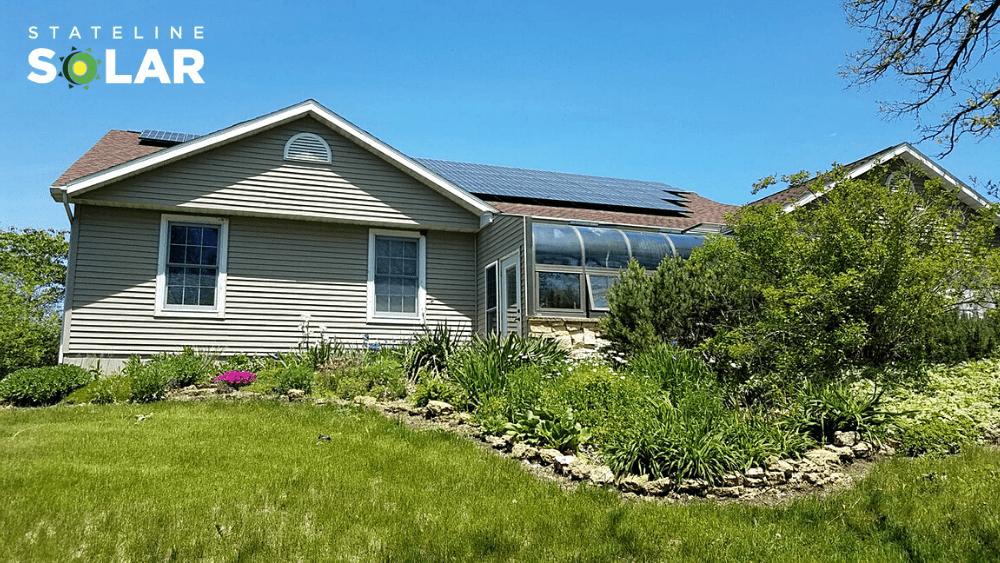RESIDENTIAL SOLAR
Let Your Home Work for YouResidential Solar
Solar energy can be a great return-on-investment for homeowners. With rising utility costs and constant electrical usage, solar energy provides a source of affordable sustainable energy. Going solar can reduce a home’s fluxuating energy costs and combat greenhouse emissions.
Did You Know? Going solar increases your property value without increasing your property taxes!
Incentives Available
Net Metering
At the end of the month, if you
30% Federal Investment Tax Credit
A tax credit is a dollar-for-dollar reduction in the income taxes that a person or company claiming the credit would otherwise pay the federal government. The Inflation Reduction Act of 2022 extended the ITC to 30% until 2033.
Illinois Solar Renewable Energy Credits
In Illinois and other select states, SRECs provide an outstanding solar incentive that helps an owner recoup a solar system’s investment. SRECs have been created to help States meet Renewable Portfolio Standards (RPS) which set goals for generating a percentage of that state’s overall electricity from renewable energy. In Illinois, for example, an SREC can potentially cover 20% to 40% of the total solar investment.
Typically, one SREC equals 1,000 kilowatt-hours (kWh) of solar energy generated.
If your state does not have an SREC program, your project may still be eligible to sell the SRECs that your solar system generates into another State’s market. For example, all states surrounding Illinois such as Missouri, Indiana, Kentucky, Wisconsin, and Iowa can potentially sell their system’s SRECs into the Illinois market.

Mary H.
Stockton, IL
“Stateline Solar was a class act from the get-go. We initially dealt with a different solar company, which could not answer many of our questions. The folks at Stateline Solar answered all our questions, and handled every detail of our new PV system as well as all the paperwork for our Solar Renewable Energy Credits. I highly recommend them! Plus, the owners and employees are all local. Support local businesses!“
What Makes Stateline Solar Different than their Competition?
We are a local, family-oriented team that understands and values our community. Our neighbors are your neighbors. They trust us because we give them the time and information necessary to make the right solar energy choice.
Stateline Solar is an Equal Employment Opportunity employer and proudly supports and employs veterans.
Get A Quote!
All it takes is a copy of your power bill!
